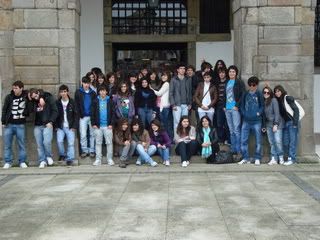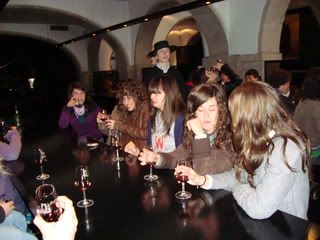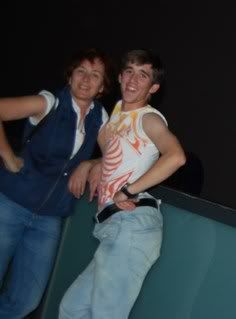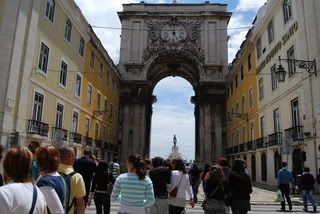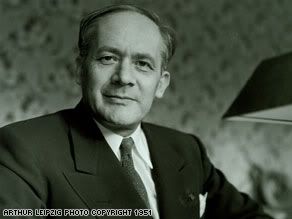Prominent Refugees are refugees who have made a difference. They are refugees or former refugees who have achieved special status within a community due to their achievements, or because they have overcome some kind of hardship to build a new life.
Here I leave you two examples of prominent refugees you probably didn't know!
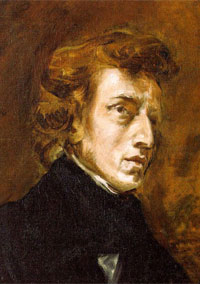 Frédéric Chopin
Frédéric Chopin
Profession: Composer
Country of Origin: Poland
Country of Asylum: France
Date of birth: 1 March 1810
Died: 17 October 1849
Passionate, tragic, melancholic and patriotic, the great 19th-century composer Frédéric Chopin dreamed of freedom for Poland.
Chopin, in exile, wrote music rooted in the Polish spirit.
As a student, he and his friends planned an insurrection against the Russians. Chopin's role was to publicise the cause of Poland abroad, through his music.
Chopin left Warsaw for Vienna, and some months later, when fighting broke out, he was advised not to return.
In September 1831, he arrived in Paris. He was soon discovered and welcomed into the drawing rooms of high society and the exiled Polish nobility. Here he found both an appreciation of his genius and a way to financial independence - with eager, aristocratic pupils.
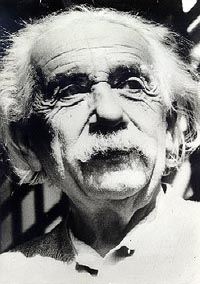 Albert Einstein
Albert Einstein
Profession: Scientist
Country of Origin: Germany
Country of Asylum: United States of America
Date of birth: 14 March 1879
Died: 18 April 1955
The face is human, thoughtful. We have all seen it, a mass of unruly white hair framing a weary, yet endearing face. And we've all heard of Albert Einstein and his scientific theories. Yet few of us know of his days as a refugee, when his books were thrown into Hitler's bonfires, and as a German Jew, Einstein was accused of treason.
The rise of the Nazi party and anti-Semitism made it increasingly difficult for him to work and in 1932 he took up the offer of a post at Princeton. He became a citizen of the United States, but retained Swiss citizenship.
Raquel Moreira 12ºB
